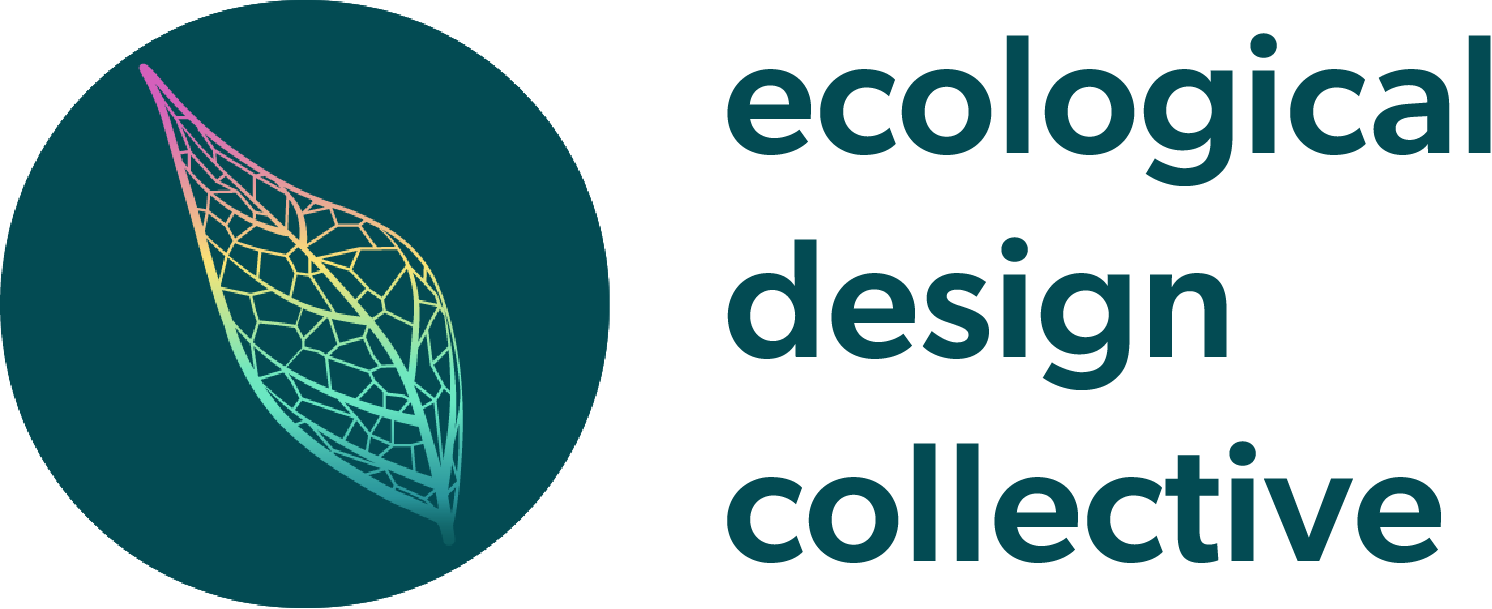-
Outwitting the Law of Exchange
More riffing on my Ecologies and Economies anthropology seminar–this week we read an essay that I don’t think many people know but that is part of my own personal canon, Marcel Henaff’s “Living with Others: Reciprocity and Alterity in Lévi-Strauss.” It goes a ways to outlining what I would consider an ethological ethic of reciprocity.
“…the last part The Origin of Table Manners, entitled “The Rules of Good breeding,” shows us many examples of the necessity of reciprocal civility as well as of the balanced management of worldly relations that play such an important role in the Native American myths. The book concludes with a reflection that appears to respond to the last of The Elementary Structures, which…represent a kind of urgent plea to finally learn how to live with others.
The inherent ethic of the myths runs counter to the ethic we pr fess today. It teaches us, at any rate that the formula “hell is other people,” which has achieved such fame, is not so much a philosoph cal proposition as an ethnographic statement about civilization. [. . .] When they assert, on the contrary, that “hell is ourselves,” savage peoples give us a lesson in humility which, it is to be hoped, we may still be capable of understanding. In the present century, when man actively destroying countless living forms, after wiping out so many societies whose wealth and diversity had, from time immemorial constituted the better part of his inheritance, it has probably never been more necessary to proclaim, as do the myths, that sound humanism does not begin with oneself, but puts the world before life, life before man, and respect for others before self-interest.
When Lévi-Strauss warns against the temptation “to outwit the of exchange, win without losing, enjoy without sharing,” we better understand what the term exchange means in his thought: returning when one has received, and deferring to the—human or non-human—other in the regulated and improbable game of relations make all communal existence possible.”
LS wrote these words in 1968, which with its assassinations and global student protest was the kind of limit point of industrial modernity in the West. Aside from the impoverished terminology (the savage) everything else is so prescient. The hope of capital is to outwit the law of exchange forever, to continuously cheapen soil and land and people without limit or return.
In a way it is exactly the same point degrowth makes about the illogic of perpetual growth. Just as you can’t outwit the law of exchange forever, you can’t grow forever (unless you are a cancer–and even then you will self-negate after consuming your host).
https://twitter.com/ClimateAd/status/1570437660660957187
We live in a Giant Baby economy. Learn how we can escape the trap of unsustainable growth here.
👇👇👇
https://t.co/UHmnaAGMyB pic.twitter.com/wYRHGZK6FV— Undeniable: The Climate Emergency Network (@UndeniableNtwrk) September 15, 2022
Sorry, there were no replies found.
Log in to reply.

